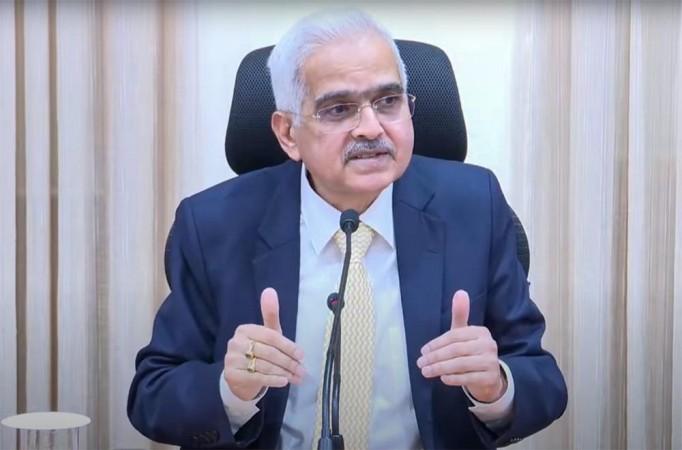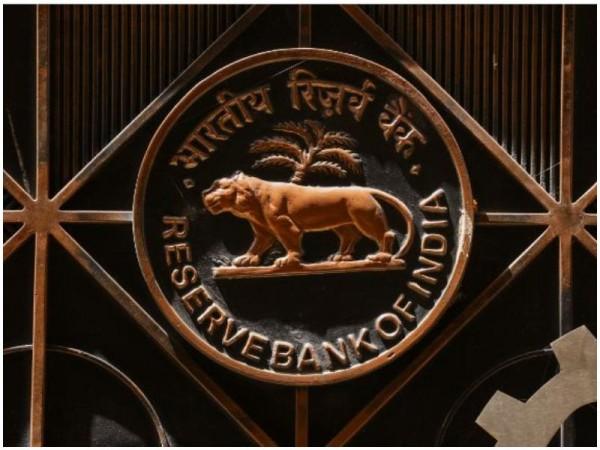
The Reserve Bank of India (RBI) has decided to rationalize export and import guidelines to facilitate overseas trade. The move aims to simplify operational procedures, aligning with global trends to boost economic growth.
The decision is expected to enhance the efficiency of India's cross-border trade, making it more attractive globally. The rationalization of FEMA guidelines will provide operational flexibility to Authorized Dealer banks, making India a more attractive destination for international trade.
In a significant move aimed at facilitating overseas trade, the Reserve Bank of India (RBI) has announced its decision to rationalise the existing guidelines on the export and import of goods and services. This decision comes in response to the evolving dynamics of cross-border trade transactions on a global scale. RBI Governor Shaktkanta Das, the key figure behind this strategic decision, stated that the move is a part of the progressive liberalisation under the Foreign Exchange Management Act (FEMA) 1999. This step is expected to provide greater operational flexibility to Authorized Dealer banks, thereby enhancing their role in overseas trade.
The primary objective of this rationalisation is to simplify operational procedures, thereby promoting ease of doing business for all stakeholders involved in cross-border trade. This move aligns with the global trend of simplifying trade procedures to boost economic growth and development. Governor Das further elaborated that the draft regulations and directions, which are a part of this rationalisation process, would be made available on the RBI's website by the end of June 2024. This is to ensure transparency and to invite feedback from all stakeholders before the finalisation of these regulations.

This decision by the RBI is a significant step towards aligning India's trade procedures with global standards. It is expected to enhance the efficiency and attractiveness of India's cross-border trade, thereby boosting the country's economic growth. The move is reminiscent of similar steps taken by other global central banks in response to the changing dynamics of international trade. For instance, the European Central Bank (ECB) in 2018, streamlined its operational procedures to facilitate cross-border trade within the European Union. Similarly, the Federal Reserve in the United States has also undertaken measures to simplify trade procedures to boost the country's international trade.
The decision by the RBI is expected to have a significant impact on the operational flexibility of Authorized Dealer banks. These banks play a crucial role in facilitating overseas trade by providing necessary financial services. The rationalisation of FEMA guidelines will provide these banks with greater operational flexibility, thereby enabling them to better serve their customers and contribute more effectively to India's overseas trade. The RBI's move is also expected to have a positive impact on the overall cross-border trade environment in India. By simplifying procedures and promoting ease of doing business, the RBI is making India a more attractive destination for international trade. This is likely to attract more foreign investment into the country, thereby boosting economic growth.
In conclusion, the RBI's decision to rationalise the FEMA guidelines is a significant step towards facilitating overseas trade. By aligning India's trade procedures with global standards, the RBI is not only enhancing the operational flexibility of Authorized Dealer banks but also making India a more attractive destination for international trade. The move is expected to boost India's economic growth and development, thereby benefiting all stakeholders involved in cross-border trade. This is a clear indication of India's commitment to aligning its trade policies with global best practices, and a testament to the country's proactive approach in adapting to the changing dynamics of global trade.

















